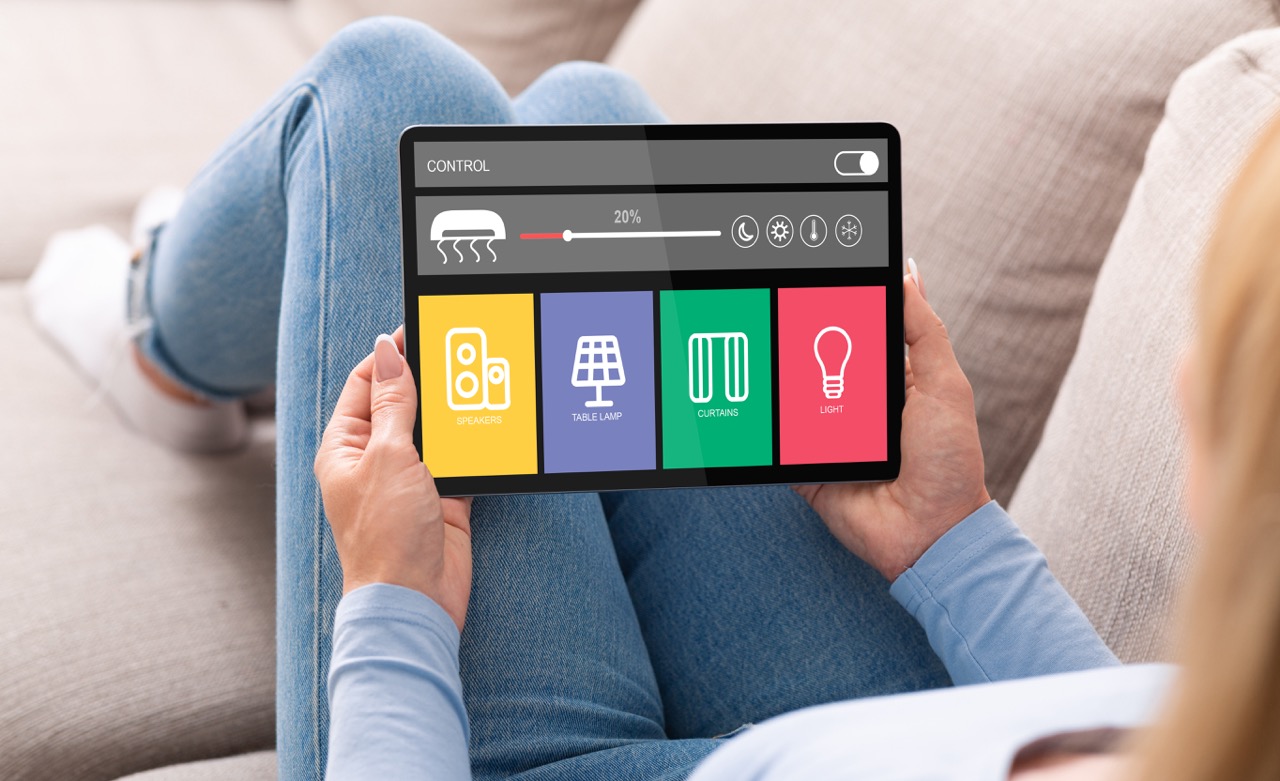The healthcare landscape is undergoing a seismic shift, driven by the rapid advancement of connectivity technologies. The Internet of Things (IoT) is at the forefront of this transformation, allowing devices to communicate, share data, and ultimately improve patient outcomes. As connectivity becomes increasingly integral to healthcare devices, understanding its implications is vital for both healthcare providers and patients alike.
The Role of IoT in Revolutionizing Healthcare Devices
The Internet of Things (IoT) is reshaping healthcare by enabling seamless communication between devices. Connected medical devices, such as smart monitors and wearable health trackers, can continuously collect and transmit patient data to healthcare providers in real time. This instantaneous data flow allows for quicker diagnoses and more tailored treatment plans, reducing the lag that often accompanies traditional healthcare methods.
Moreover, the integration of IoT in healthcare devices enhances the ability to monitor chronic diseases. For instance, connected glucose meters can send real-time blood sugar readings to both patients and doctors, allowing for immediate adjustments in medication or lifestyle choices. This proactive approach not only empowers patients but also minimizes emergency situations that may arise from unmanaged conditions.
Lastly, IoT facilitates interoperability among various healthcare systems. With standardized protocols, devices from different manufacturers can work together, creating a more cohesive and efficient healthcare ecosystem. This interconnectedness is essential for providing holistic patient care, as it allows healthcare providers to access comprehensive data that informs decision-making.
Enhancing Patient Care Through Smart Connectivity Solutions
Smart connectivity solutions significantly enhance patient care by fostering personalized health management. With the advent of connected devices, patients can monitor their health metrics from the comfort of their homes. Devices like smart blood pressure monitors or pulse oximeters can transmit data directly to healthcare providers, enabling them to track patients’ conditions without requiring frequent office visits.
Additionally, these smart devices often come with accompanying mobile applications that provide patients with insights into their health. Users can visualize trends, set reminders for medication, and even receive alerts if their readings fall outside of normal ranges. This empowerment leads to increased engagement in one’s health management, ultimately resulting in better health outcomes.
Furthermore, smart connectivity can vastly improve communication between patients and healthcare professionals. Telehealth services have surged in popularity, allowing for virtual consultations that bridge the gap between patients and providers. This not only makes healthcare more accessible but also reduces the burden on healthcare facilities, enabling them to focus on those who require immediate in-person attention.
Key Features of Next-Gen Healthcare Devices Explained
Next-gen healthcare devices are equipped with advanced features that leverage connectivity to improve functionality. One standout feature is remote monitoring capabilities, which allow healthcare providers to keep track of patients’ health metrics in real time. This feature reduces the need for regular visits, making it easier for patients to manage chronic conditions while maintaining a high level of oversight from their healthcare team.
Another key feature is data analytics integration. Modern healthcare devices collect vast amounts of data, which can be analyzed to identify trends and predict health issues before they arise. For example, a wearable fitness tracker can analyze activity levels and suggest lifestyle changes to prevent conditions like obesity or heart disease. This use of predictive analytics not only enhances preventative care but also aligns with the broader healthcare shift towards a value-based model.
Lastly, security features in connected healthcare devices are of paramount importance. As patient data is increasingly stored and transmitted digitally, safeguarding this information has become critical. Next-gen devices implement robust encryption protocols and secure access controls to protect sensitive health information from unauthorized access, ensuring that patient confidentiality is maintained.
Real-World Applications of Connected Health Technologies
Connected health technologies are making a tangible difference in various areas of healthcare. For instance, telemedicine has gained momentum, especially during the pandemic, demonstrating how remote consultations can effectively replace in-person visits for non-emergency situations. Patients can easily consult specialists, receive prescriptions, and follow up on treatments without the need for travel, saving time and resources.
Wearable devices like smartwatches are also revolutionizing personal health monitoring. Many of these devices now come equipped with health tracking features that monitor heart rate, sleep patterns, and even stress levels. This data not only helps users understand their health better but also enables healthcare providers to offer tailored advice based on real-time insights, thereby enhancing the quality of care.
In chronic disease management, connected devices such as insulin pumps and remote cardiac monitors are changing lives. These devices allow patients to manage their conditions more effectively while providing healthcare professionals with vital data to make informed decisions. The result is a more proactive approach to health management, reducing hospital admissions and improving overall quality of life for patients.
As we move deeper into the digital age, connectivity is poised to redefine the healthcare landscape. The integration of IoT and smart technologies into healthcare devices not only enhances patient care but also empowers individuals to take charge of their health. With ongoing advancements and real-world applications, the future of healthcare devices is bright, promising a more efficient, personalized, and connected approach to health management. Embracing these innovations will ultimately lead to better outcomes for patients and healthcare providers alike.










